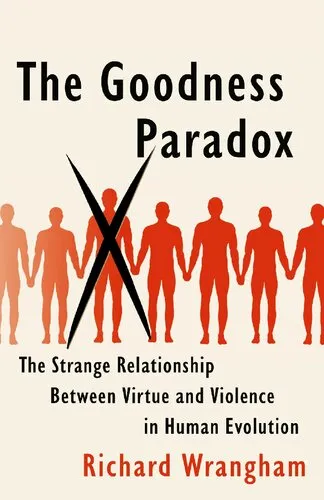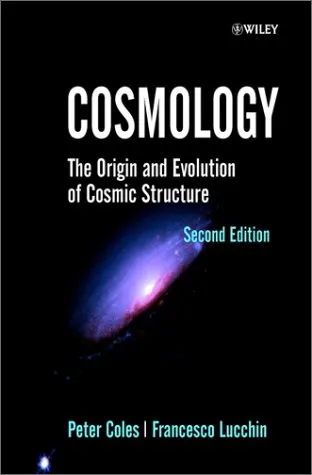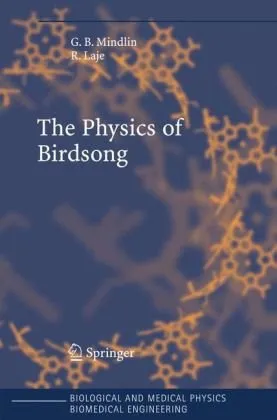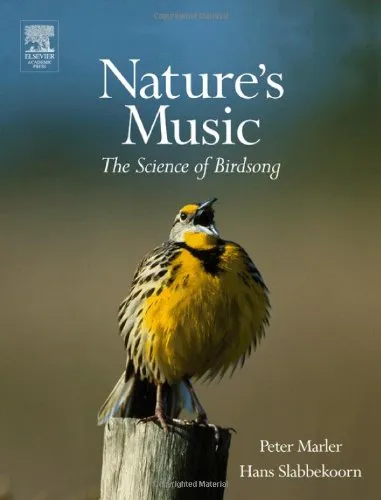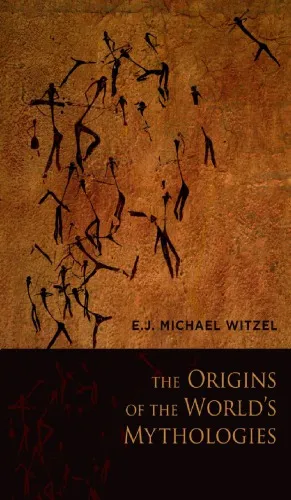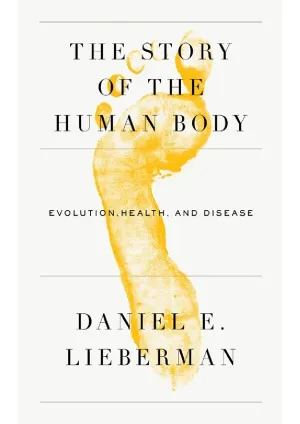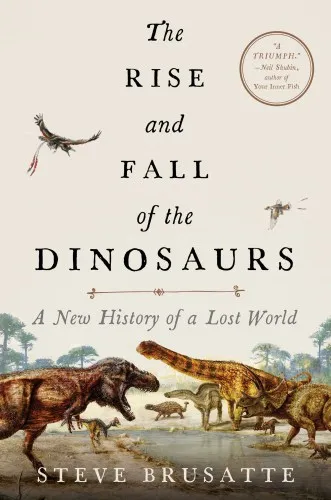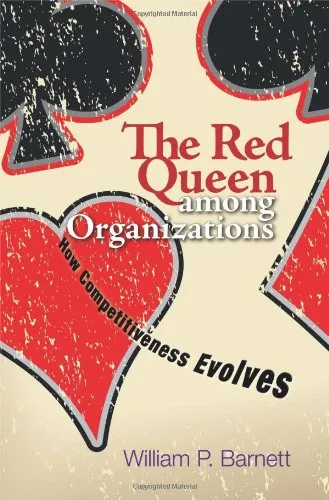The Goodness Paradox: The Strange Relationship Between Virtue and Violence in Human Evolution
5.0
Reviews from our users

You Can Ask your questions from this book's AI after Login
Each download or ask from book AI costs 2 points. To earn more free points, please visit the Points Guide Page and complete some valuable actions.Related Refrences:
Analytical Summary
The Goodness Paradox: The Strange Relationship Between Virtue and Violence in Human Evolution is a thought-provoking exploration into one of humanity’s most puzzling traits: our simultaneous capacity for extraordinary kindness and startling aggression. Written by Richard Wrangham, a renowned biological anthropologist, this work examines the evolutionary roots of moral behavior alongside the darker impulses that have shaped our species. By synthesizing findings from primatology, anthropology, and evolutionary biology, Wrangham offers a unique lens for understanding the paradox of human nature.
Through meticulous analysis of both archaeological evidence and observed primate interactions, the book unpacks how self-domestication—our species’ gradual reduction in reactive aggression—has coexisted with the development of organized, proactive violence. The author scrutinizes the behavioral differences between humans and our closest relatives, such as chimpanzees and bonobos, to illuminate why we act with compassion in certain contexts and brutality in others. His narrative intertwines scientific rigor and compelling insights, inviting serious readers, academics, and professionals to grapple with the complexity of human social evolution.
This analytical journey stretches from prehistoric times to modern society, connecting the dots between ancient survival strategies and contemporary social structures. Wrangham’s balanced approach avoids simplistic moral judgments, instead focusing on how adaptive behaviors—both gentle and violent—were shaped by environmental pressures and group dynamics. The result is a nuanced account of how virtue and violence have not only coexisted but actively influenced the trajectory of our evolution.
Key Takeaways
Readers will leave The Goodness Paradox with a deeper understanding of the interplay between our evolved capacity for peace and our strategic use of aggression. The work delivers grounded observations that resonate across disciplines, from psychology to political science.
One key insight is that human self-domestication has reduced impulsive aggression over millennia, paving the way for more cooperative societies. Another is that proactive aggression—planned and coordinated violence—has remained a persistent force in shaping hierarchies, resource distribution, and cultural norms. Wrangham grounds these arguments in cross-species comparisons, demonstrating how our evolutionary trajectory differs from other primates.
By appreciating these dynamics, readers can better contextualize modern conflicts and governance systems as part of a long behavioral continuum. Understanding the paradox of virtue and violence is not merely academic—it informs policy-making, community building, and our own interpersonal relationships.
Memorable Quotes
The Goodness Paradox offers numerous striking observations that encapsulate its core arguments. These selected quotes highlight themes central to our dual capacity for kindness and violence.
"Humans have become domesticated in their capacity for aggression, yet remain unrivaled in their ability to organize violence."Unknown
"Self-domestication may be the invisible hand that steers both our empathy and our wars."Unknown
"We are paradoxical creatures—mild in day-to-day interactions, formidable in collective conflict."Unknown
Why This Book Matters
In a world grappling with violence and striving for global cooperation, The Goodness Paradox stands as a crucial work for understanding human nature and fostering a more peaceful future.
For academics, policy makers, and professionals in conflict resolution, Wrangham’s insights provide tools to trace current societal challenges back to their evolutionary origins. His arguments clarify why solutions must account for both our cooperative instincts and potential for calculated aggression. This book serves as a bridge between disciplines, encouraging conversations that cut across anthropology, sociology, and ethics.
Moreover, by situating virtue and violence within a single evolutionary framework, Wrangham invites readers to reconsider fundamental assumptions about morality, governance, and human capacity for change. Information that could contextualize publication year or awards is unavailable due to the absence of reliable public sources at the moment.
Inspiring Conclusion
The Goodness Paradox: The Strange Relationship Between Virtue and Violence in Human Evolution challenges us not only to recognize our dual nature but to engage with it thoughtfully.
Wrangham’s exploration is a compelling invitation to delve deeper into the evolutionary currents that shape our societies, urging readers to learn, share, and debate these ideas. By embracing both our capacity for virtue and our predisposition toward violence, we can better chart paths toward peaceful coexistence—without ignoring the complex realities of our biology. This book is a must-read for those committed to fostering understanding and driving positive social change. Engage with its insights, discuss them in your circles, and let this awareness shape constructive dialogue for the future.
Free Direct Download
You Can Download this book after Login
Accessing books through legal platforms and public libraries not only supports the rights of authors and publishers but also contributes to the sustainability of reading culture. Before downloading, please take a moment to consider these options.
Find this book on other platforms:
WorldCat helps you find books in libraries worldwide.
See ratings, reviews, and discussions on Goodreads.
Find and buy rare or used books on AbeBooks.
1378
بازدید5.0
امتیاز0
نظر98%
رضایتReviews:
5.0
Based on 0 users review
Questions & Answers
Ask questions about this book or help others by answering
No questions yet. Be the first to ask!
